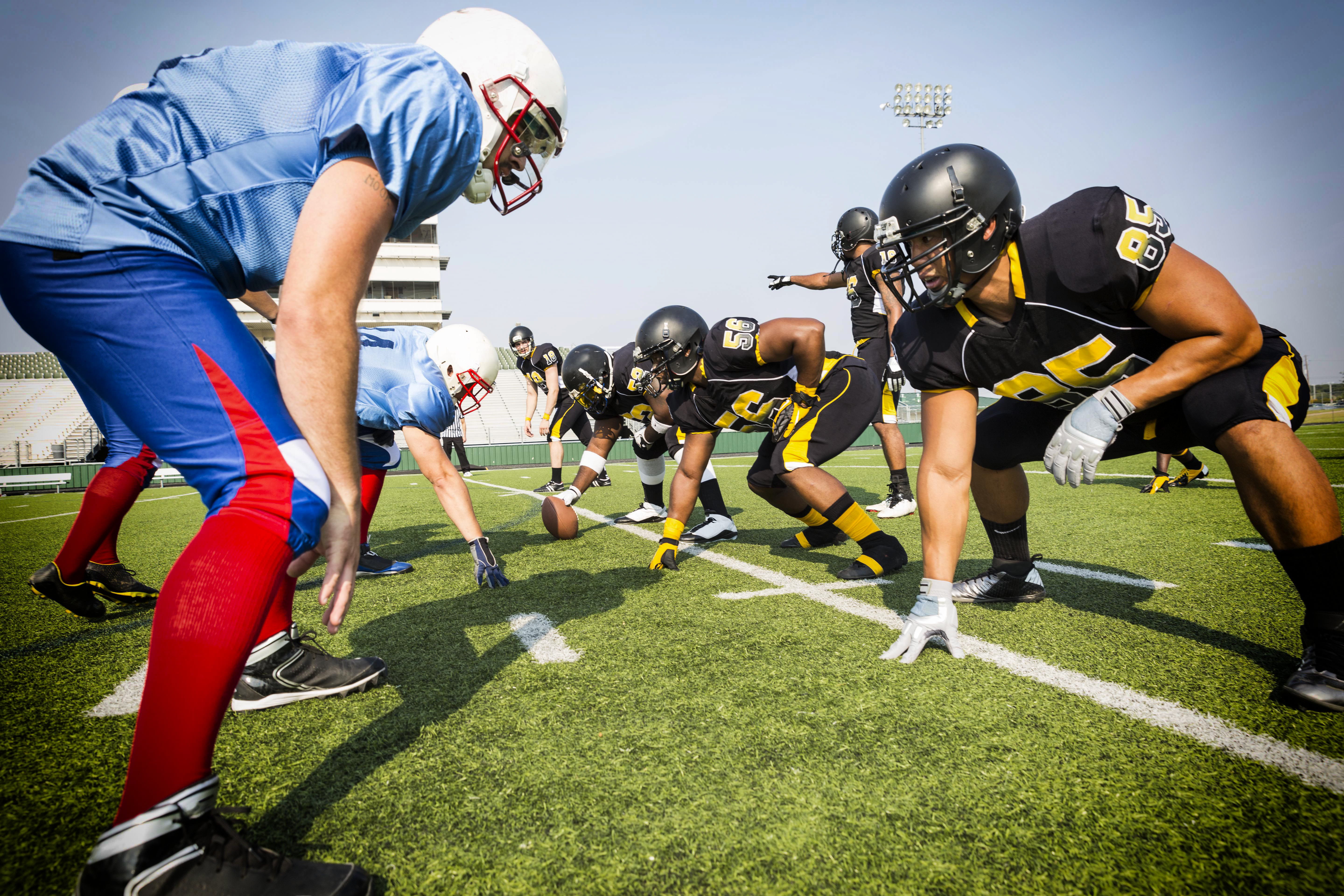Athletes from kids to the pros who suffer a head injury may be reluctant to admit they’re hurt. But failing to treat a concussion can lead to a longer recovery and additional strain on the brain.
Concussions happen when a hit to the head or body causes the head and brain to move rapidly back and forth. During this sudden movement, the brain can bounce around in the skull. The action can stretch and damage brain cells and create chemical changes in the brain.
“Some concussion symptoms like a worsening headache, vomiting and balance issues are more obvious and signal the need for medical attention right away,” says J.R. Barley, D.O., a Riverside sports medicine physician. “If you’re not sure whether you or your child has a concussion, your doctor can look at physical and neurological symptoms to make a diagnosis.”
Resting the brain after a concussion
Giving the brain time to heal after a concussion is critical to be able to return to school, work and sports. Here’s what you need to do:
- Avoid headache triggers – If bright light or sound gives you a headache, for example, find ways to minimize that.
- Get enough sleep – Your brain heals and reboots when you sleep. Besides getting enough sleep at night, take naps if needed, but try and keep a regular sleep schedule.
- Limit physical activity – Avoid physical contact that could put you at risk for another concussion. Researchers have found that the brain is more susceptible to having another concussion in the 10 days after the initial injury.
- Rest your brain – Depending on the severity of the concussion, your health care provider may ask you to limit your time in school. This will reduce strain on your brain that happens when you try to learn new concepts and remember them. Reduce screen time and texting, too.
- Talk to your doctor before taking pain medication – Acetaminophen is the pain medication your doctor will likely recommend. Ibuprofen and aspirin can increase the risk of bleeding.
Returning to play after a concussion
Although more than half of all persons with a minor head injury experience symptoms a week after the injury, more than 80 percent recover within a month according to Dr. Barley. It is normal for symptoms to go away gradually. Therefore getting help soon after an injury by a medical provider who is trained in the evaluation and treatment of concussion may improve recovery.
Athletes must follow a step-by-step return to learn and play protocol after a concussion and must be cleared by a medical professional before they can play.
“Although we know it can be tough to wait, this is the safest way to get back into the game,” Dr. Barley says. “In the end, the health and function of your brain are much more important to long-term health than a quick return back on the field or court no matter how badly an athlete wants to play.”
For more information about concussion treatment and diagnosis, contact our sports medicine specialists or call our hotline to get direct access to our sports medicine team at 757-534-6767.



